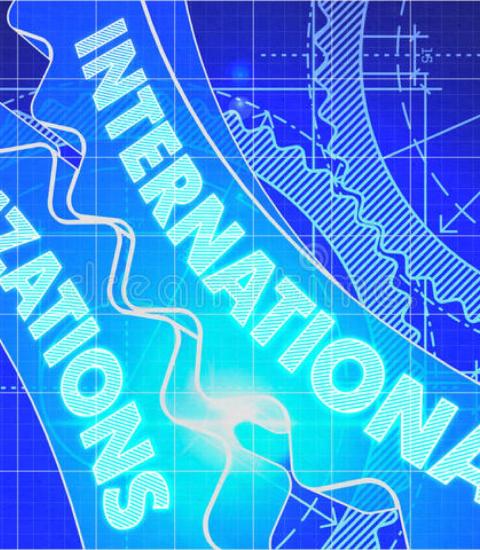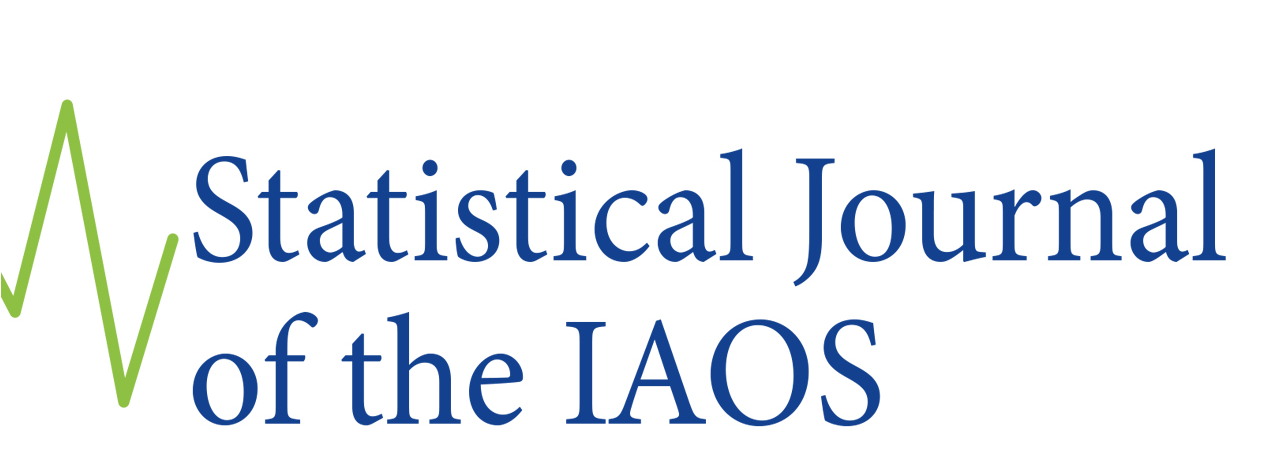
The September issue of the Journal (Vol 38/3, September 2022) builds on the contributions from International Statistical Organizations, describing the role, functioning, and some examples of projects run by these organizations. The discussion inspired by this Special will especially focus on the global governance of official statistics and the role and position of International Statistical Organisations therein.
The statements invite the readers to reflect on the role and value of (statistical) data, their role as a public good and the role of the UN member states, the International Statistical Organizations and the UN Statistical Commission in the development and management of official statistics. Concretely the statements invite the readers to reflect on the importance of ‘Data’, (Statement 1).
Statement #1 - Data is one of the most important geopolitical issues of our time.
Balancing the well-being of individuals and communities, ensuring insight can be gained from data to improve everyone’s lives, while protecting privacy and shielding people from misuse and abuse of data.
Concerning the governance of data, many authors state that nowadays data are what was earlier the coal and the oil of the contemporary economy. But in the current society with alternative facts, complete theories and mistrust it seems not everyone subscribes to this statement. This very special role assumes that data should be handled differently from a normal commodity (Statement 2). In this sense, many colleagues argue that all data are public goods, as all data in principle are used/can be needed to manage public issues. (Statement 3). These two statements define an equilibrium between proprietary and public good data usage. What data should be protected as a public good, not just in the economic sense, but in the broader social sense?
Statement #2 - Data is not just a commodity that should be governed by WTO rules
Statement #3 - All data are public goods
In the context of the ownership of data, it is argued that considering this now and in the future important role of data, the ownership of data should be set in stone in the Universal Declaration of Human Rights to have everyone own his or her data (Statement 4). Facilitating data use for a competitive, thriving, and diverse market for innovations that nevertheless improve and enrich human lives.
Statement #4 – The Universal Declaration of Human Rights should be amended to state that everyone should own their data
The organization of the governance of data needs to follow also what is most efficient, adequate data governance is a precondition for the governance of developments like Artificial Intelligence or the digital economy. (Statement 5).
Statement #5 - There can be no meaningful governance of artificial intelligence or the digital economy without data governance
Finally, in the global management of data, a Global Data Compact might be an instrument that establishes a structure and framework for handling data for use in statistics. The roles of international organizations using country data as users and also the roles of other users of data should be regulated against the owners of country data. It is stated that the Member States of the UN should be the signatories of any future Global Data Compact. (Statement 6).
Statement #6 – Member states should be the only signatories to any future Global Data Compact. Other stakeholders should be observers only.
The discussion will be opened around end-November on the SJIAOS discussion platform (www.officialstatistics.com).
